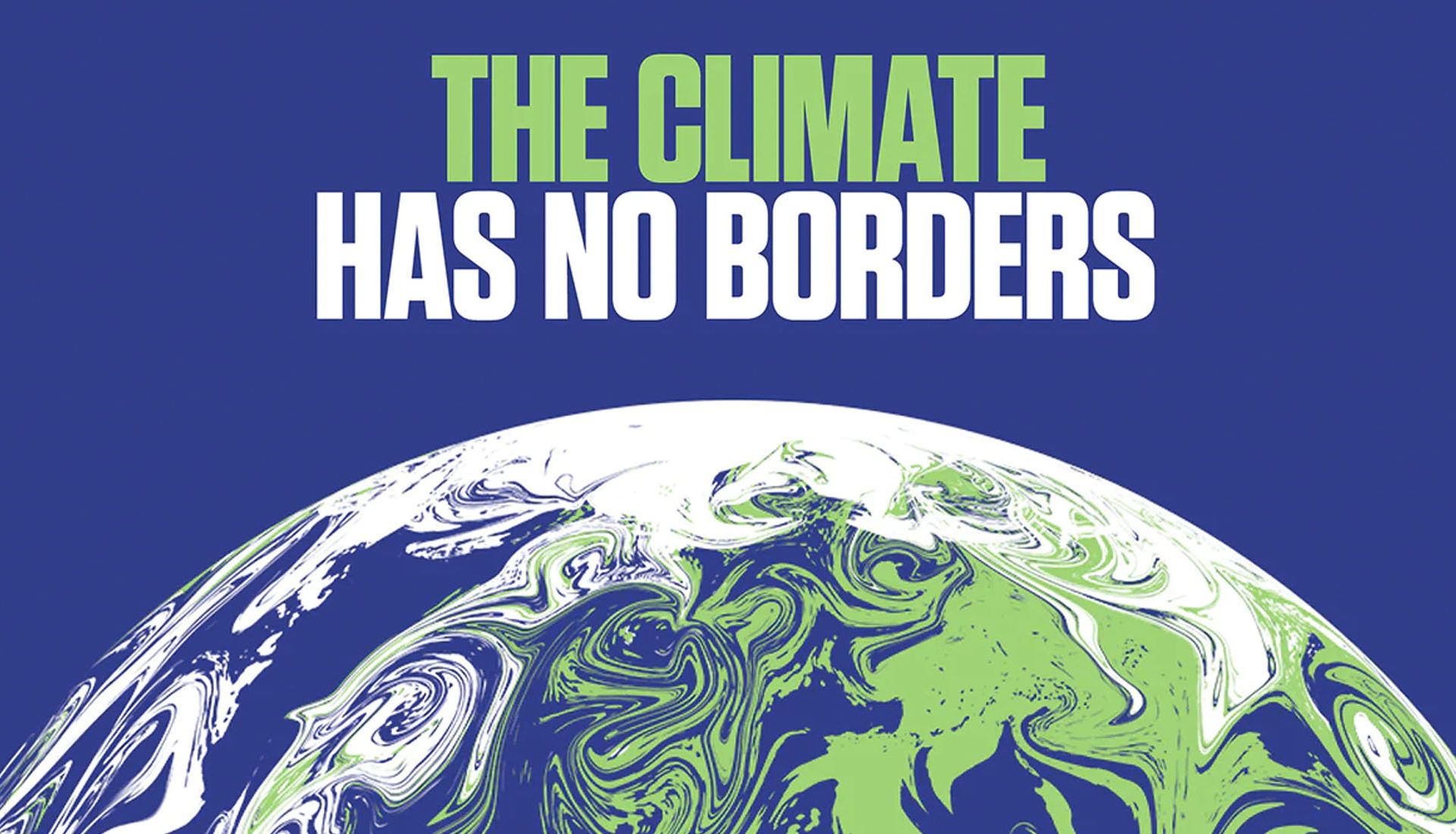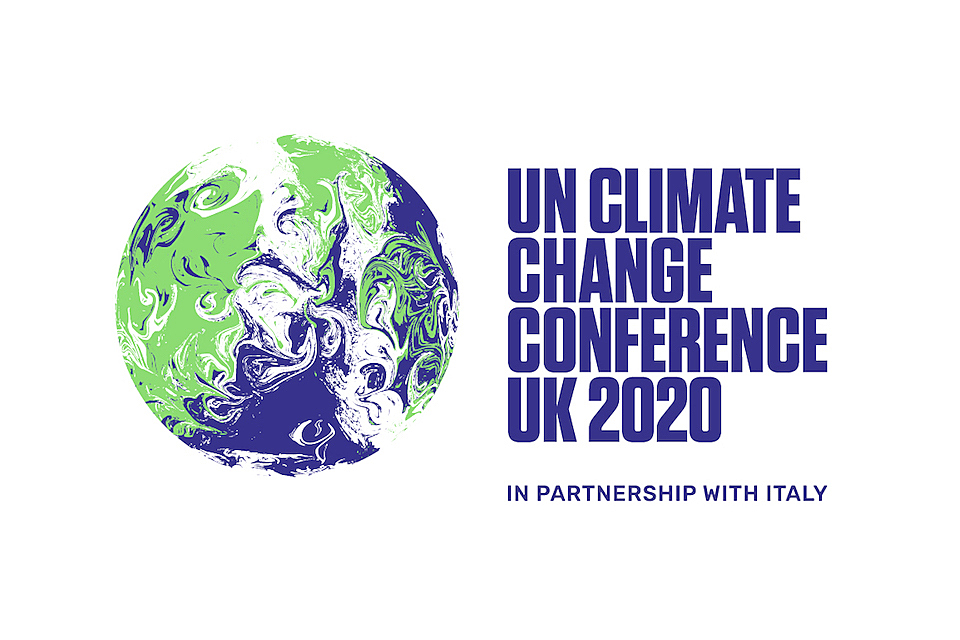From the heads of the European commission to BP, institutions are reasserting their commitment to tackling climate change despite the postponing of COP26 talks in Glasgow.
The biggest international climate conference since the Paris Agreement in 2015, when almost every state in the world agreed to Carbon-0 targets, was set to take place in November this year in Glasgow, Scotland. But, after a meeting of UK and UN representatives last week, and to no one’s surprise, the conference has been postponed in light of the COVID19 outbreak. The 36,000 delegates scheduled to attend, including 200 world leaders, have been told that the conference will now take place sometime in 2021.
The decision comes after the announcement that the Glasgow’s Scottish Events Campus, the space that was to host the event, is being transformed into a temporary hospital. It was decided that the use of public resources and infrastructure would need to be exclusively dedicated to fighting the virus for the foreseeable future, and that national bodies could not make headway on climate policy between now and November whilst their efforts were diverted elsewhere.
#COP26 has been postponed due to #COVID19.
This decision has been taken jointly by the COP Bureau of the @UNFCCC with the UK and partners Italy.
Tackling climate change remains a key priority for the UK and the international community.https://t.co/480CKVV3E1 pic.twitter.com/ugTAXt9iVT
— COP26 (@COP26) April 1, 2020
Alok Sharma – the UK’s business secretary and President of COP26 – issued a statement assuring the world that the delegates ‘will continue working tirelessly with our partners to deliver the ambition needed to tackle the climate crisis.’ He added, ‘I look forward to agreeing a new date for the conference’.
In a shocking twist of fate, these don’t appear to be empty words. European companies and political institutions have gone to great pains during the pandemic to restate the importance of tackling the climate emergency, refusing to let it fall by the wayside in favour of more pressing matters.
In a press statement announcing the postponement, UN climate change executive secretary Patricia Espinosa stated, ‘Soon, economies, will restart. This is a chance for nations to recover better, to include the most vulnerable in [their] plans, and… to shape the 21st century economy in ways that are clean, green, healthy, just, safe, and more resilient.’
Attesting to this, the European Council has approved a statement on the pandemic including the role of a ‘green transition’ as part of an as-yet unwritten ‘comprehensive recovery plan’ after the health crisis is over. And, whilst the EU is yet to agree on its 7-year budget, president of the European Commission Ursula bon der Leyen has indicated that the Green Deal will remain a cornerstone of her presidency.
Another sign of renewed commitment to carbon goals came from Spain, which recently submitted its national climate plan to the EU (several months late but who’s counting), stating that the nation is setting a renewable energy goal of 74% by 2030.
The transition to #CleanEnergy is picking up pace.
The six biggest energy utilities in Europe have now aligned their emission reduction targets with the goals of the #ParisAgreement, aiming at #NetZero emissions.
Via @WMBtweets 👉🏾https://t.co/N0R9bph3pc pic.twitter.com/do104Qpsmn
— UN Climate Change (@UNFCCC) March 2, 2020




















